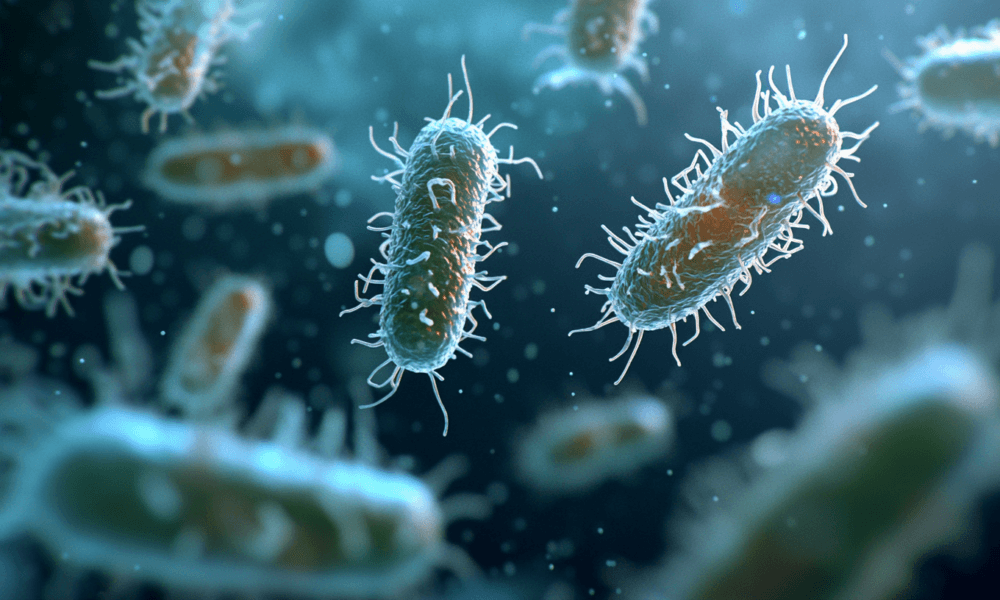Egg Recall 2024: A Comprehensive Guide for Consumers Amidst the Salmonella Scare
The recent egg recall due to potential Salmonella Enteritidis contamination has raised concerns among consumers across the United States. This comprehensive guide provides detailed information about the recall, the risks of Salmonella infection, and crucial steps consumers can take to protect themselves and their families.
Understanding the Scope of the Recall:
- Origin: The recall originated at Milo’s Poultry Farms, LLC, located in Bonduel, Wisconsin.
- Brands Affected: Eggs sold under the brand names “Milo’s Poultry Farms” and “Tony’s Fresh Market” are subject to the recall.
- Geographic Reach: While initially limited to Illinois, Wisconsin, and Michigan, the recall has been expanded nationwide due to the severity of the potential health risk.
- Products Included: All carton sizes, expiration dates, and egg types (e.g., white, brown, organic) bearing the aforementioned brand labels are included in the recall.
- Reason for Recall: Environmental samples collected from Milo’s Poultry Farms’ packing facility and poultry houses tested positive for Salmonella Enteritidis, prompting the recall.
- Recall Classification: The U.S. Food and Drug Administration (FDA) has designated this a Class I recall, the highest level of urgency, indicating a “reasonable probability” that consuming the recalled eggs could cause serious health consequences or even death.

Delving Deeper into Salmonella:
Salmonella Enteritidis is a type of bacteria that can cause salmonellosis, a common foodborne illness. While often mild, salmonellosis can be severe, especially for vulnerable populations.
Symptoms of Salmonellosis:
- Gastrointestinal Distress: Diarrhea, abdominal cramps, and vomiting are common symptoms.
- Fever: An elevated body temperature often accompanies the gastrointestinal symptoms.
- Onset and Duration: Symptoms typically manifest within 6 hours to 6 days after consuming contaminated food and can last for 4 to 7 days.
- Severity: While most individuals recover without specific treatment, some may experience severe illness requiring hospitalization.
- High-Risk Groups: Young children, older adults, pregnant women, and individuals with weakened immune systems are at a higher risk of developing severe complications from salmonellosis.
Immediate Steps for Consumers with Recalled Eggs:
- Do Not Consume: If you have any eggs labeled “Milo’s Poultry Farms” or “Tony’s Fresh Market” in your refrigerator, do not eat them. Discard them immediately.
- Safe Disposal: Dispose of the recalled eggs in a sealed container to prevent accidental consumption or contamination of other food items.
- Thorough Cleaning: Clean and sanitize any surfaces or utensils that may have come into contact with the recalled eggs. This includes countertops, refrigerator shelves, cutting boards, and utensils. Use hot, soapy water and a sanitizing solution to ensure thorough cleaning.

Comprehensive Salmonella Prevention Strategies:
- Safe Egg Handling:
- Always wash your hands thoroughly with soap and water before and after handling eggs.
- Keep eggs refrigerated at 40°F (4°C) or below.
- Avoid purchasing cracked or damaged eggs.
- Thorough Cooking:
- Cook eggs until both the yolk and white are firm. This kills Salmonella bacteria.
- Avoid consuming raw or undercooked eggs, including runny yolks, soft-boiled eggs, and raw egg-containing foods like cookie dough and homemade mayonnaise.
- Use a food thermometer to ensure eggs reach a safe internal temperature of 160°F (71°C).
- Preventing Cross-Contamination:
- Use separate cutting boards and utensils for raw eggs and other foods to avoid cross-contamination.
- Wash and sanitize all surfaces and utensils that have come into contact with raw eggs.
- General Food Safety Practices:
- Wash hands frequently with soap and water, especially after using the bathroom, changing diapers, and handling pets.
- Wash fruits and vegetables thoroughly before consumption.
- Cook meats to their recommended internal temperatures.
- Refrigerate perishable foods promptly.

Recognizing and Responding to Potential Salmonella Infection:
- Seek Medical Attention: If you experience symptoms of salmonellosis, especially after consuming eggs, contact your healthcare provider immediately.
- Diagnostic Testing: Your healthcare provider may order a stool test to confirm the presence of Salmonella bacteria.
- Treatment: Most cases of salmonellosis resolve without specific treatment. However, severe cases may require hospitalization and treatment with antibiotics.
- Hydration: Staying hydrated is crucial, especially if you are experiencing diarrhea or vomiting. Drink plenty of fluids to prevent dehydration.
Staying Informed and Vigilant:
- Official Sources: Refer to the official websites of the FDA and the Centers for Disease Control and Prevention (CDC) for the latest updates and information on the egg recall and Salmonella outbreaks.
- News and Media: Stay informed by following news reports and social media updates from reputable sources.
- Food Safety Resources: Familiarize yourself with food safety guidelines and resources provided by government agencies and health organizations.
Key Takeaways for Consumers:
- The current egg recall is a serious public health concern.
- Take immediate action to discard any recalled eggs and prevent contamination.
- Practice safe egg handling, cooking, and storage to minimize the risk of Salmonella infection.
- Be aware of the symptoms of salmonellosis and seek medical attention if you suspect you are infected.
- Stay informed about the recall and food safety guidelines to protect yourself and your family.
By staying vigilant and following these recommendations, consumers can navigate this egg recall safely and minimize the risk of Salmonella infection.




Thank you for the information